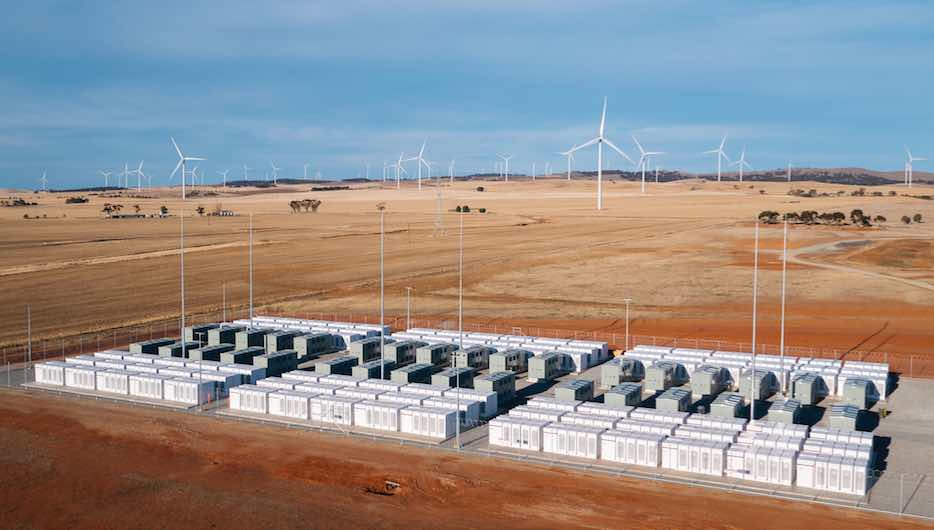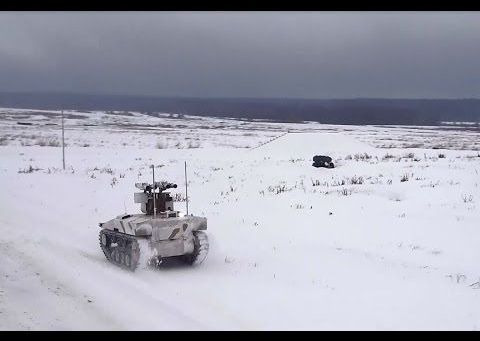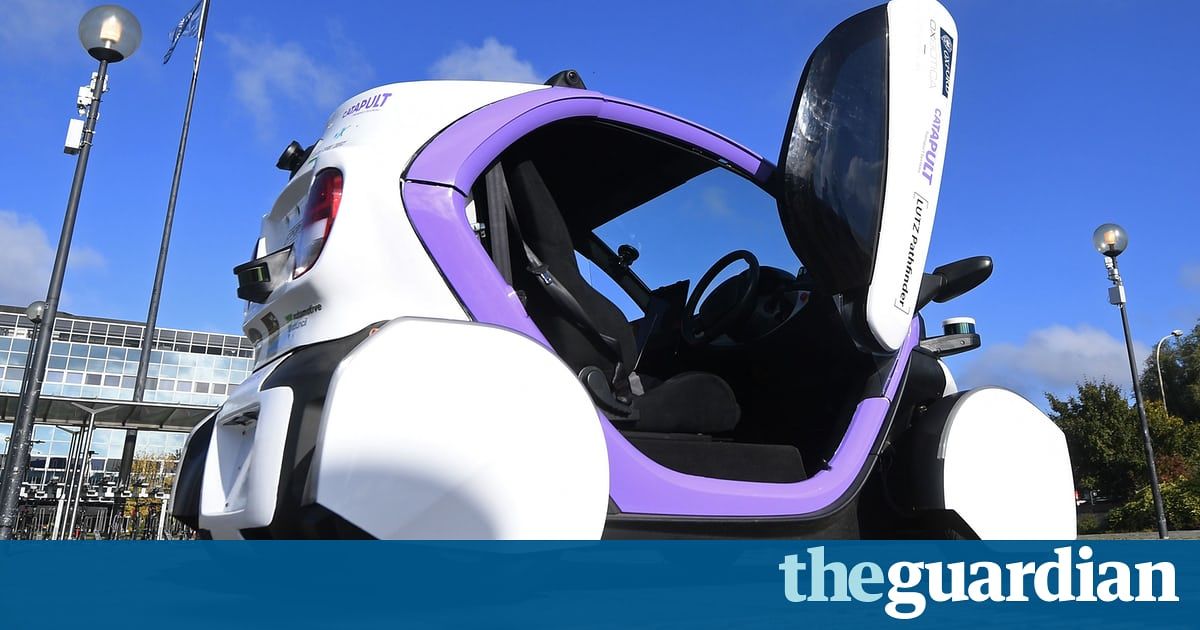Dec 11, 2017
Bitcoin Fair Value Calculation
Posted by Philip Raymond in categories: bitcoin, cryptocurrencies, economics, finance, government
In an April 2014 article, I demonstrated how one might approach a fair Bitcoin valuation.
- Original Methodology: What fraction of the daily float
needed to support daily global commerce will Bitcoin capture?
My methodology was based on the demand that Bitcoin would generate if it displaced a small fraction of cash and credit used for retail and commercial payments around the world. At the time, Bitcoin had a value of USD $450. I estimated that if it captured 5% of global payments, it would have a fair value of about $10,000/BTC (I didn’t complete the calculation—I left that up to the reader. That’s because I was concerned that publishing such a prediction would cause me to lose credibility as an economist and blogger. For what it is worth, I also predicted that a rise to $10,000 would take 5~8 years.

As you might imagine, my friends and family urged me to unload my BTC investment. The April 2014 price of $450/BTC seemed very high to most armchair analysts. After all, thirteen months earlier, it had been just $45.
















